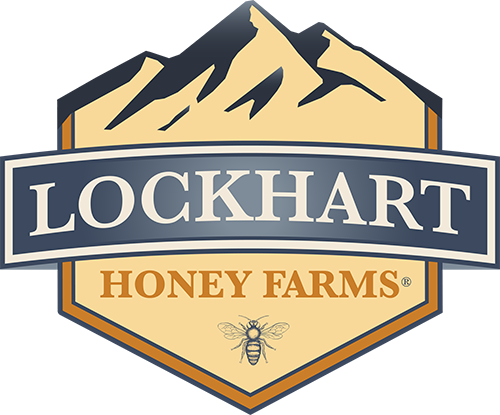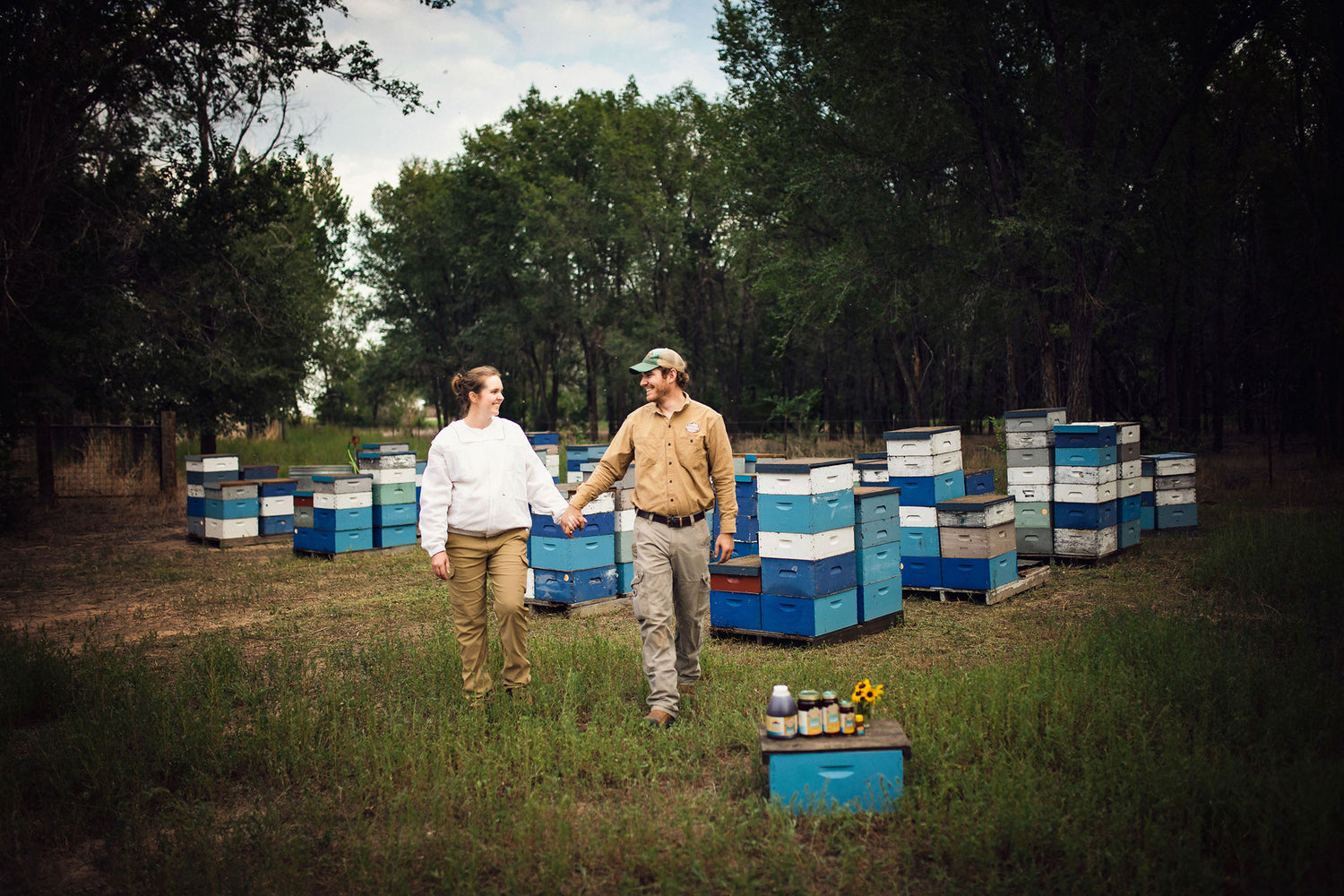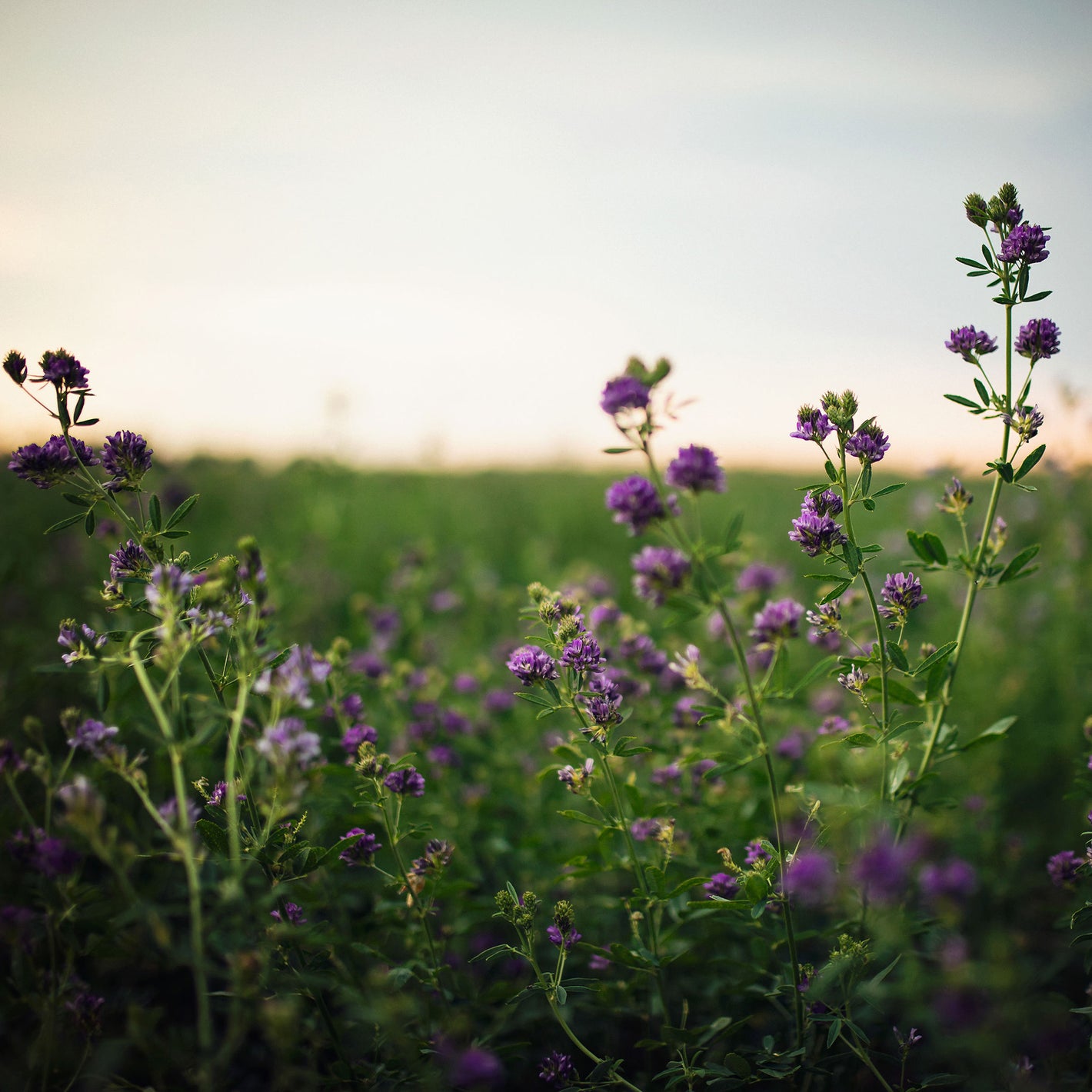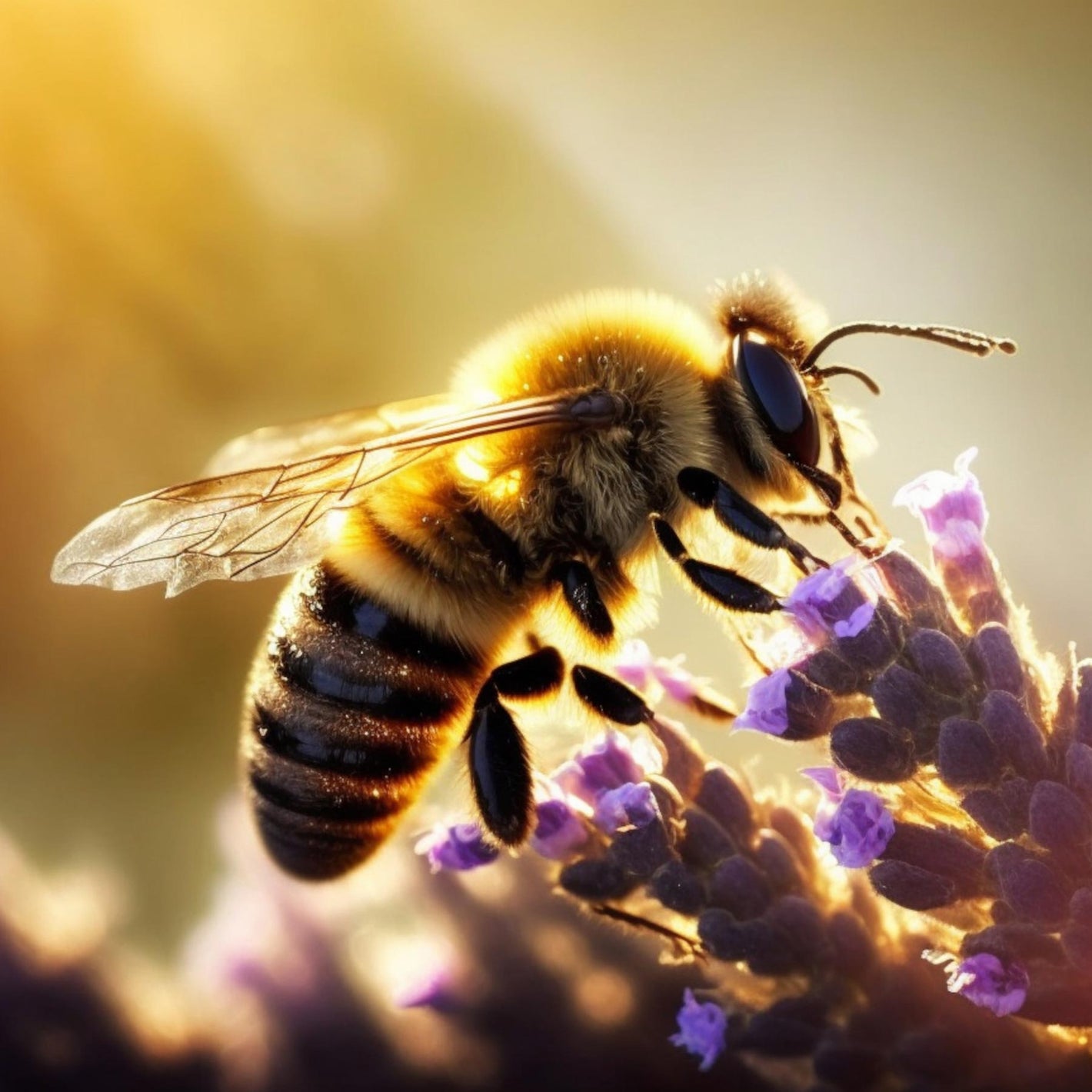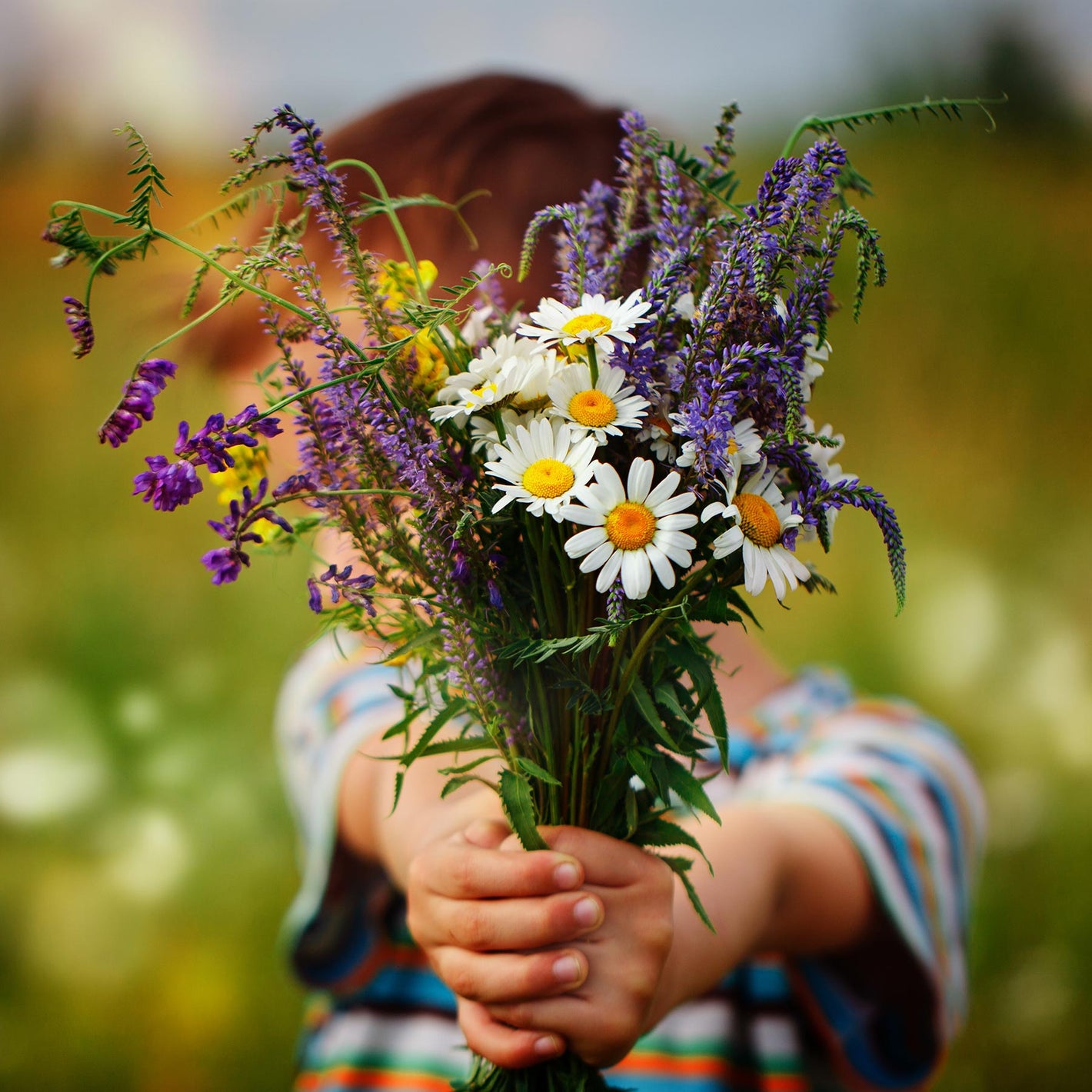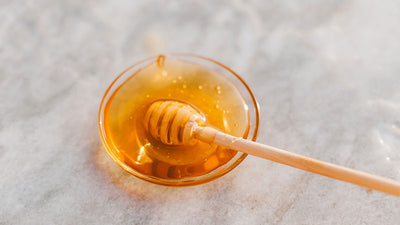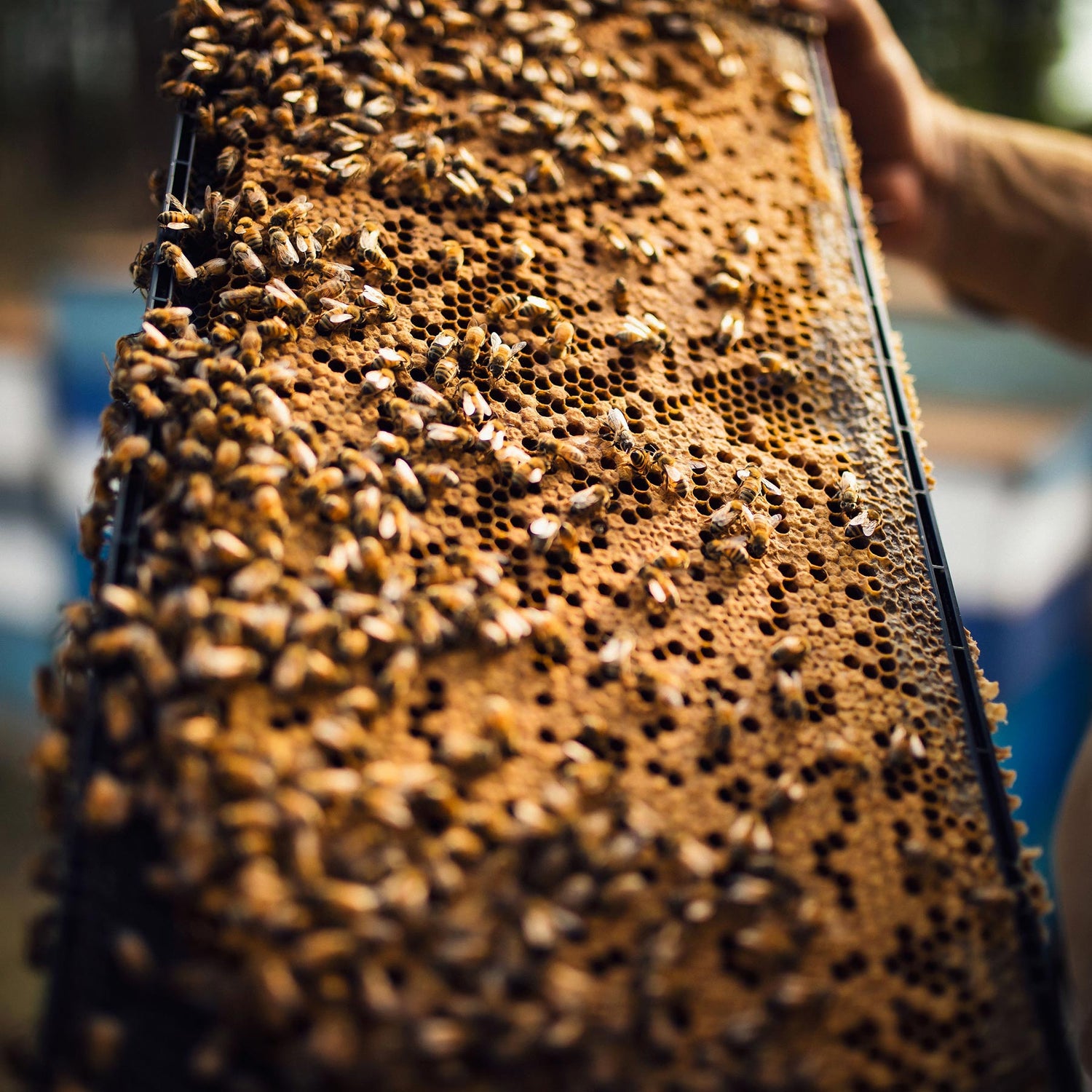
How do bees make honey?
- Bees collect nectar from flowers.
- It is broken down into simple sugars and stored in the honeycomb.
- The design of the honeycomb and constant fanning of the bees’ wings causes evaporation to create honey.
- A surplus of honey is collected by beekeepers.

What is Pollination?
Pollen grains are transferred from the male anther of a flower to the female stigma.
“The goal of every living organism, including plants, is to create offspring for the next generation. One of the ways that plants can produce offspring is by making seeds. Seeds contain the genetic information to produce a new plant.”
(Source)
Our bees commercially pollinate almond trees each Spring. How? When the trees blossom, the bees get to work visiting tree after tree in search of nectar and pollen. This movement between trees pollinates the almond blossoms.
Want to read more about pollination? Click Here!
Did you know? Honey bees pollinate one-third of the world’s food!
Support the Bees
Learning about bees and how to support them is a great way to give back to your community and the environment. Check out the resources below!
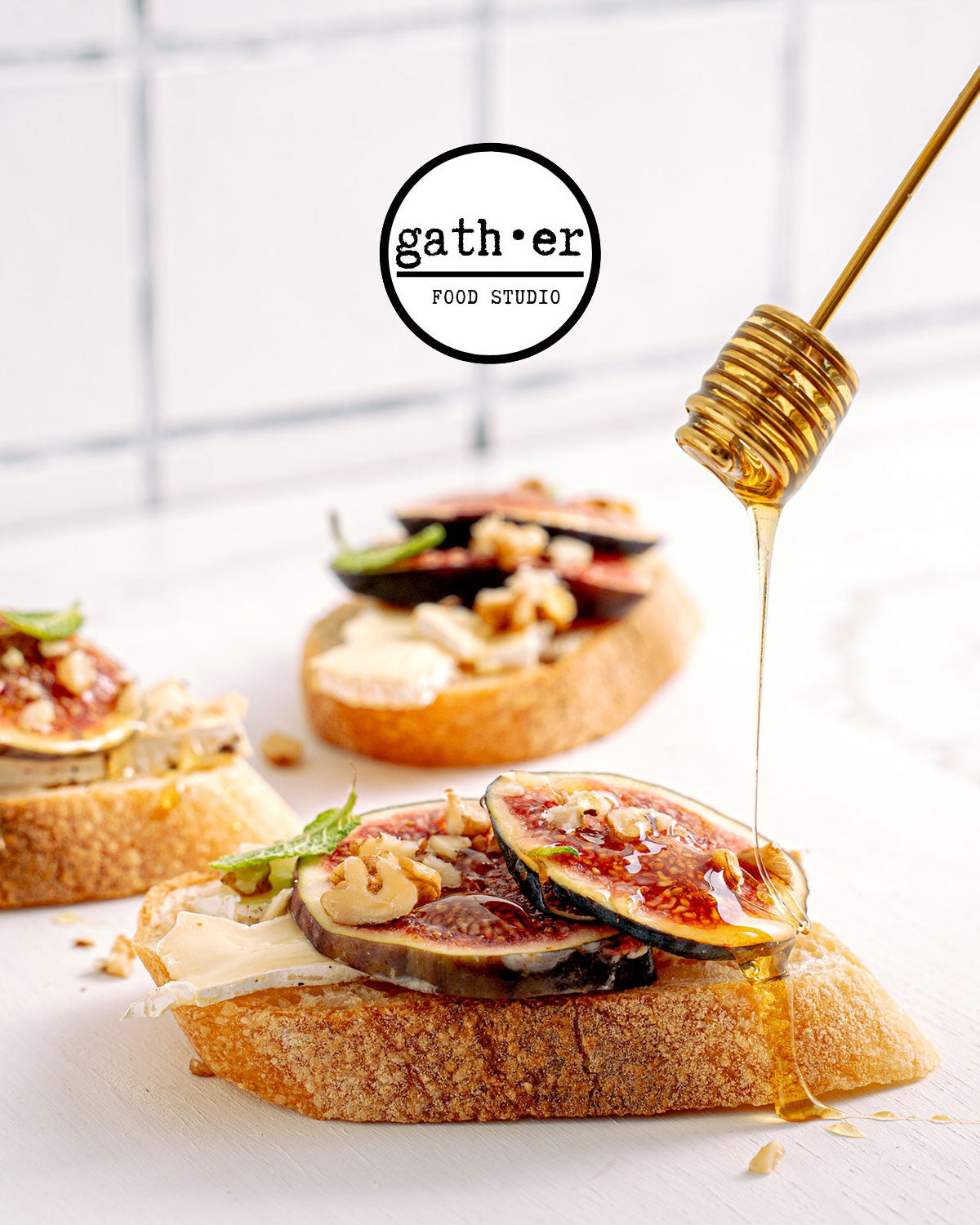
Honey Recipes
Think cooking with honey is just reserved for the sweetest recipes? Think again!
Honey is a wonderful addition to both savory and sweet recipes and a natural replacement for refined sugars.
A few of our favorite ways to use honey:
- Add honey to homemade salad dressings as an emulsifier.
- Brush a pork loin with honey before browning.
- Whip up a batch of honey marshmallows (goodbye corn syrup!) and pair it with honey graham crackers.
Gather Food Studio is our “go-to” when it comes to fabulous recipes that incorporate honey.
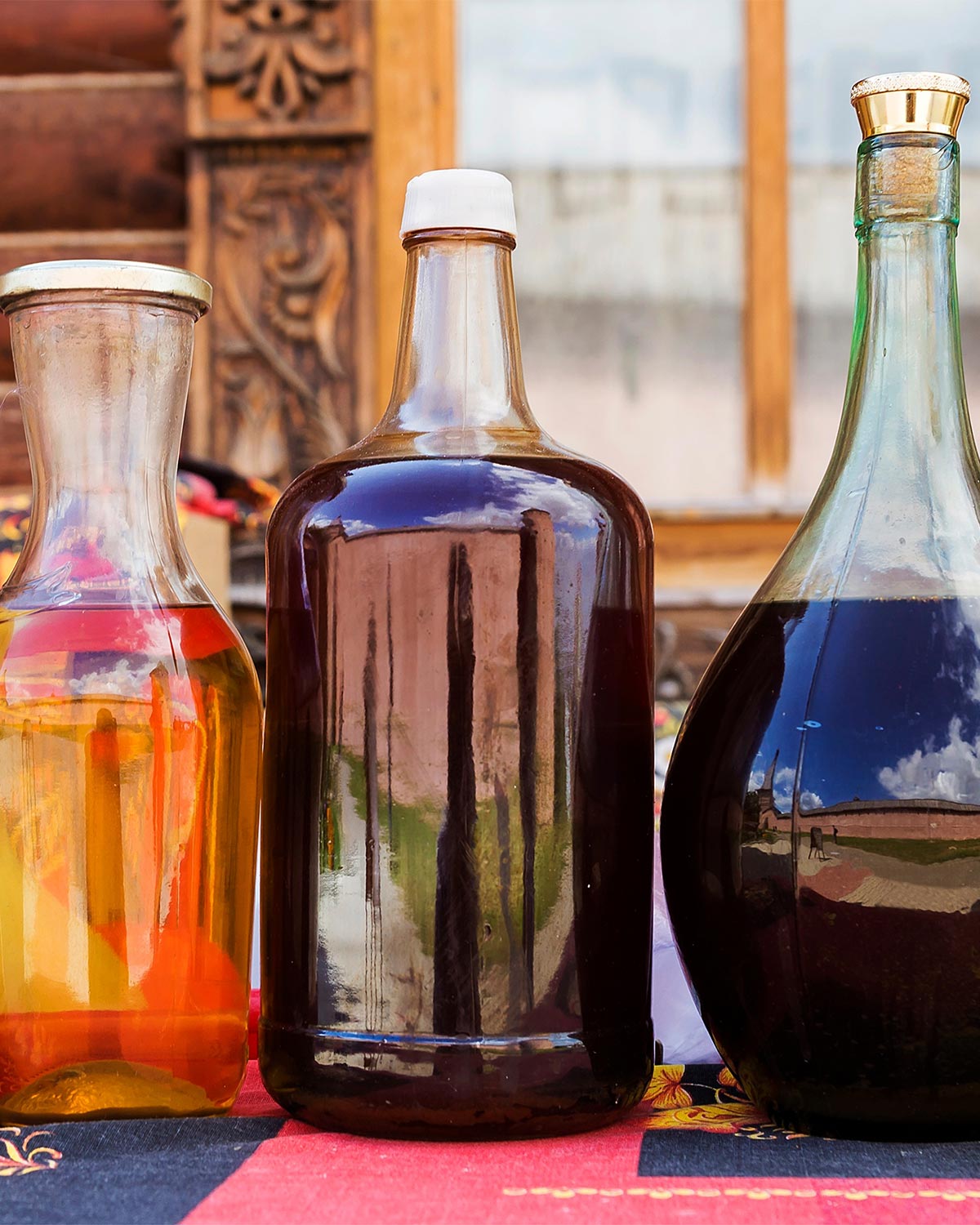
What is Mead?
"In short, mead is honey wine. It’s honey and water fermented by yeast, but it can also be flavored with fruits, spices, grains and/or hops. It’s its own distinct category, somewhere between beer and wine. You’d sip it like a beer, wine, or cider."
Don’t just take our word for it. Read more from our local partners to find out how they use our raw and unfiltered honey in their mead.
Featured Meaderies
-
Michael Fagan | Honnibrook Craft Meadery
Visit the Website"Honey is the spine of any mead. Therefore, a strong honey backbone is required to ensure you have the best mead possible. When bees collect pollen and nectar from a single (or mono) floral source to make honey, it's known as varietal honey. Varietal kinds of honey deliver a robust and consistent backbone and can make great commercial meads when used individually or in combinations. It's possible to make great mead using wildflower (multi-floral) honey but challenging to control consistency. Lockhart's Colorado Alfalfa varietal honey allows Honnibrook Craft Meadery to create a superior mead with a strong backbone every time. We love it's wonderful caramel notes with a confectionary candy finish."
-
Daniel Kesterson | Antelope Ridge Mead
Visit the Website"We use Lockhart honey in our award-winning craft meads made right here in Colorado Springs. Using quality local honey allows us to unlock authentic flavors in a variety of creative libations."

Skincare
Looking for a more natural way to approach your skincare? Honey might be the answer!
We’ve partnered with Rachel Wheeler (Nature Mama Body Care) to show you that switching to skincare products that contain honey is an easy and amazing decision.
“It’s vital that the honey you use still contains its healthy bacteria - is raw, unfiltered to be effective. It contains live enzymes, and other antimicrobial properties that will activate your immune system and help with inflammation and redness, as well as heal blemishes.” -Rachel Wheeler
Other benefits of honey:
-
Increases the skin cells’ healing processes and reduces inflammation.
-
Naturally exfoliates to removes dry, dull skin and promotes new skin growth.
-
Decreases acne or eczema outbreaks.
-
Helps with chronic skin conditions.
Lifestyle
Honey is known for its incredibly diverse range of uses. Check out the links below to discover additional uses for honey and learn unique ways to incorporate honey into your daily routine.
Important Note: Honey is not suitable for babies under 1 year old.
-
Cough Relief
Learn More -
Wound Care
Learn More -
Skincare & Hair
Learn More -
Lip Moisturizer
Learn More
